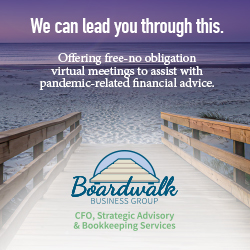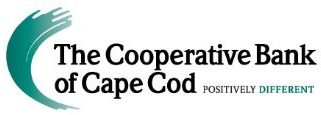By Denis Wuestman
As you get closer to making the transition from your main career to your retirement stage, you may wonder what your most important priorities should be. Among the top three things that likely enter your mind are: 1) Will I have the financial resources to help me live the life I want to live? 2) Will I be able to maintain good health? 3) Will my spouse or partner and I be on the same page as to our goals and dreams? Arguably, these are very important areas to deal with as one contemplates retirement.
Let’s assume you have planned for those three elements. Here are the “Next Top 3” you may want to consider:
- How will you substitute for the non-financial things work offers you, such as identity, time management, and a social network?
- How will you spend your time?
- What mindset will you likely need to have?
Those work benefits …
It is likely for many of us that work has helped form our personal identity. When introduced to someone new, how many of us have been asked: “So, what do you do?” The response for many centers around their work – as that is how they look at themselves. Work not only affords us an identity, it provides our main social network and a structure to our lives. And, in many cases, it gives us purpose. Let’s face it, after 30 to 40 years of working, being aware of how one might replace those “work benefits” are something to think about. One option might me to take a more gradual approach to stopping work, to allow oneself to get used to an adjusting new identity.
For me, structure was the hardest work benefit to easily replace. Friends I spoke with struggled with the same thing and we agreed that just keeping busy had to be meaningful to us. To help us with that, we needed structure − but that structure had to be goal focused. Some of us chose part-time work, volunteering, or working on our house or family projects that we could never find the time for. Developing structure was hard work – but worth it.
Being aware of the non-financial work benefits you value most and setting goals to replace them are important elements of preparing for retirement.
Time − how do I invest it?
Time doesn’t change when you retire – how you spend it does. So how will you invest your time? This is not something many have had to plan for during a 30- to 40-year work career. When it comes to how we want to spend our time, the answer, different for all of us, is an important part of the retirement equation. There are people who focus on continuing some kind of work or having more leisure time or being more physically active, and still others that just want to wing it every day. The possibilities are endless.
The key here might be to develop a sense of balance − balance in the sense of a mix of meaningful activities. It is probably no longer necessary to have a daily schedule anymore – or so I thought. Yet I look forward to some definition of the week. To me, there’s value and comfort in knowing how I will spend my time, including hobbies, work, leisure, and exercise. That might not sound a lot different from how we were living our pre-retirement lives. The difference is that, in retirement, the balance will change as we shift away from work being our primary activity. I have a plan and some expectation of what this new balance will look like, and I also realize that this will likely shift a few times as this next stage journey continues. Investing your time among a set of meaningful activities in retirement can help you achieve your personal life balance.
Mindset − the key to a happier journey
How important do you believe it is to have the proper mindset towards this next part of your life? What does that mean? I think it can be summed up in one word: attitude. If we have a developed a vision on how we want our retirement journey to play out with regard to all the things important to us, then we have to examine our key attitudes. Are we thinking and acting in line with that vision? For example, there are some individual behaviors that really can pay off during this period – including learning to live in the present and being more flexible with the changes we will experience. In short, enjoying the current moment and continuing to learn and adjust to stay aligned with a personal vision for retirement is an important mindset. As part of the benefits of retirement, we will have more time. Using some of that time to continually reflect on what is important to us along with having a flexible mindset can make retirement life more satisfying.
So, finding substitutes for the important non-financial benefits you got from work, figuring out how you will seek the right balance of activities in which you will invest your time, and how your personal mindset supports a more satisfying retirement are my second top three priorities for a successful retirement transition.
What would you add to this list?
Denis Wuestman is a Retirement Coach and Managing Partner of Retirement Wisdom LLC. After a successful 33-year business career where he held several senior leadership positions, he has transitioned into his Retirement phase and is pursuing his passion for helping people learn and grow in both their careers and lives. Learn more at retirementwisdom.com.























